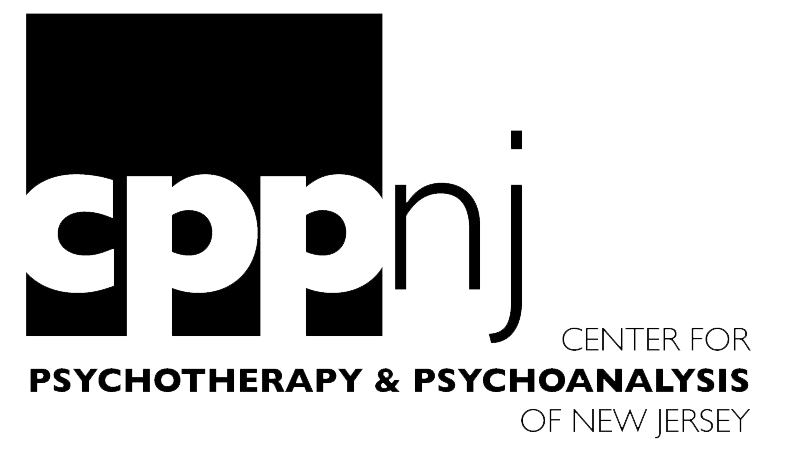Postgraduate Training in Psychodynamic Clinical Practice
Being an effective psychotherapist continually raises new challenges and questions. CPPNJ’s Postgraduate Training in Psychodynamic Clinical Practice offers a way to successfully meet these challenges. The training offers you a chance to learn from seasoned therapists and like-minded professionals in a supportive, collegial environment. It provides an opportunity for you to develop a cohesive, meaningful framework for psychotherapy –a reliable mindset and a way of being in clinical relationships– that is both fundamental and career enhancing.
CPPNJ’s Postgraduate Training consists of four interrelated courses which teach new, mid-career, and experienced psychotherapists about core psychodynamic concepts, and how to use them in ways that effectively impact clinical practice.
Postgraduate Training Courses:
Understanding Human Behavior through a Psychoanalytic Lens: A Survey of the Theoretical Foundations of Psychodynamic Psychotherapy:
This course provides an introduction to each of the major psychoanalytic theories, beginning with Classical Freudian to present day Relational Theory, and their application to clinical material.
Psychoanalytic Ideas in Everyday Practice: Introduction to Clinical Process I:
This course provides an advanced introduction to clinical concepts in the psychotherapy process. Theoretical underpinnings of analytic technique and common issues encountered in psychodynamic work will be examined, as well as the “nuts and bolts” of establishing the structure for psychodynamic practice.
The Relevance of Freud and Ego Psychology for Psychotherapists Today:
In the beginning, there was Freud and his groundbreaking vision of the unconscious mind. This course provides the student with an understanding of how Freud’s ever-changing ideas evolved throughout his lifetime and beyond and how they can inform contemporary practice.
Psychoanalytic Ideas in Everyday Practice: Introduction to Clinical Process II:
This course provides a further advanced introduction to clinical concepts in the psychotherapy process. Theoretical underpinnings of analytic technique and common issues encountered in psychodynamic work will continue to be examined, as well as the “nuts and bolts” of establishing the structure for psychodynamic practice.
TO ENROLL,
EMAIL CATHY AT
Upon the completion of all four courses, the student earns a Certificate of Completion in Postgraduate Training in Psychodynamic Clinical Practice. Following an admissions interview, the student is eligible to pursue further training as a candidate in the Psychoanalytic Psychotherapy Program.
